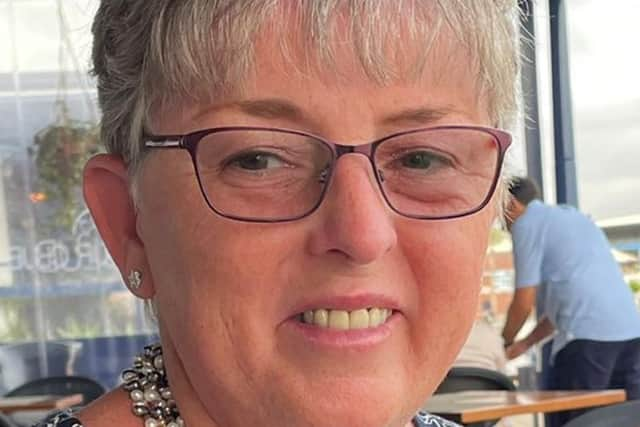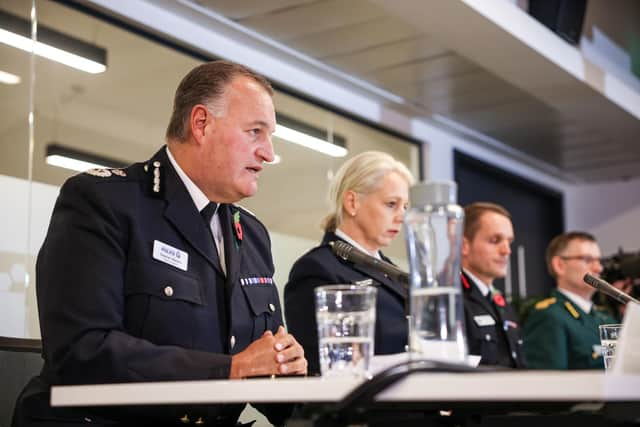Manchester Arena bombing: survivor from Ribble Valley blames 'perfect storm of failures'
and live on Freeview channel 276
Retired police and counter-terrorism officer Andrea Bradbury, 58, from Ribble Valley, Lancashire, luckily received only minimal physical injuries as she waited with a friend to collect their teenage daughters.
Law firm Hudgell Solicitors is preparing civil claims for more than 150 survivors from the 2017 Manchester Arena attack.
Advertisement
Hide AdAdvertisement
Hide AdThey are seeking damages for physical and psychological injuries, to recover loss of earnings and cover the costs of ongoing treatment, rehabilitation and care.


Andrea said: “This was preventable, I have no doubt. It was a perfect storm of failures in terms of the security services, the event organisers and our policing and emergency services. They were unprepared and totally caught off guard. It was appalling.
“I knew immediately it had been a bomb.
“I called the on-call counter-terrorism officer within minutes of the explosion on my mobile to give them a clear picture of what had happened in there, from somebody with experience, to help them quickly assess the situation, and I gave two further updates.


“I made it clear that a massive emergency response was needed immediately, as I thought around 30 people had been killed by a single bomb but that there were no firearms involved.
Advertisement
Hide AdAdvertisement
Hide Ad“As I left the arena I saw emergency vehicles rushing to the area and I believed they were heading in – in numbers – to help people but that didn’t turn out to be the case.
“People were left in the time of need. It was so wrong, especially when experienced officers who did go in were demanding assistance and firearms teams had secured the building.
“Out of everything I’ve seen and been through in my life, this is the one thing I can’t put out of my mind. It was horrific, but what has always frustrated and angered me is that fact that it was preventable in the first place, and after it did happen, people were so badly let down by the police and the emergency services.”
